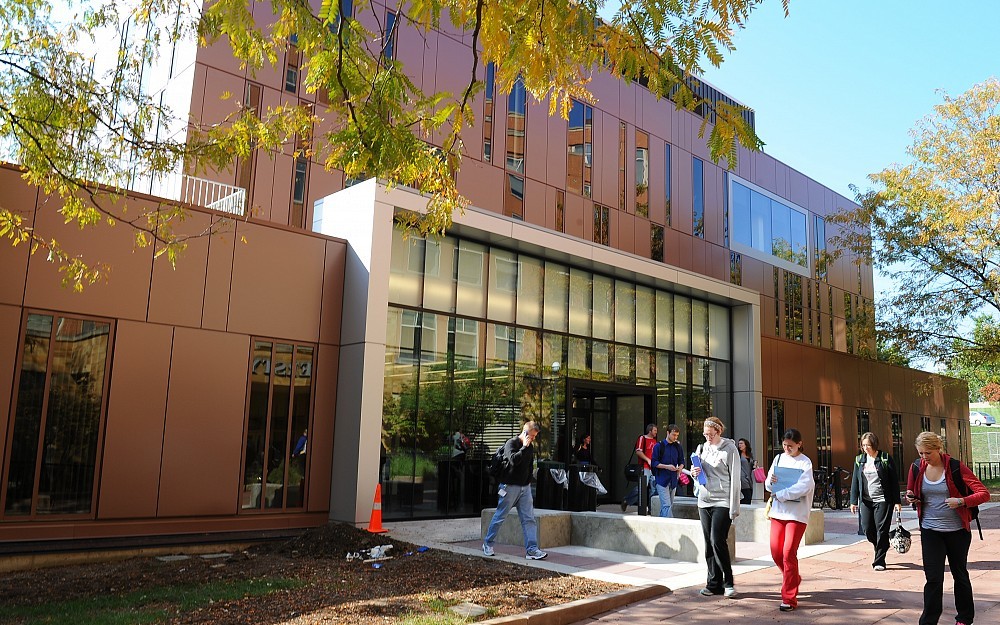
College of Nursing Enlists Clergy to Address Depression Among African-Americans
Depression affects nearly 20 million Americans annually; however, African-Americans are less likely to seek treatment and when they do, they are often misdiagnosed. The National Alliance on Mental Illness cites a number of factors leading to issues with access of care and misdiagnosis. These include
Cultural bias against health care professionals due to prior experiences, inadequate treatment and lack of cultural understanding,
Socioeconomic disadvantages, and
Strong reliance on family, religious and social communities for supporteven when medical care is necessary.
Jean Anthony, PhD, a registered nurse and associate professor in UCs College of Nursing, sees value in capitalizing on the relationship many African-Americans have with their religious institutions and believes improved awareness of depression signs and symptoms, and a better understanding of depression in general, could lead to increases in the number of people seeking treatment and getting a correct diagnosis.
Anthony is now leading a research program aimed at determining the effectiveness of a Web-based depression training program for African-American clergy.
Her research team met in March with over 40 Cincinnati-area clergy and evaluated current knowledge on the topic of depression and then provided education about depression, including how to recognize it among congregants and colleagues.
The participants were given access to Web-based training to use following the March meeting, and a follow-up evaluation will provide the team with information about how knowledge and behavior has changed since the initial meeting. The data they gather will drive the next steps of their research.
Anthony says the church is a good place to reach out and educate about depression because for so many, its a very trusting environment and it is often a first stop for people dealing with mental health issues. But she and her research team stress that there are also a lot of pervasive attitudes about depression and how its handledeven in the church.
Those attitudes, they say, translate into statements like: "If you are suffering from depression, its because you have a lack of faith, and "You should be able to just pull yourself up and overcome.
"Church would seem to be one of the safest places for addressing these kinds of issues, says Anthony. "But we know it isnt always an acceptable thing to discuss.
"We believe our work may open up many churches to be safe places for talking depression and we have already heard from the initial discussions with clergy that addressing this issue as a group has been helpful because until now, theyve had trouble addressing it alone.
Funding for Anthonys research came from the University Research Council at UC, which provides funding to faculty and students through several grant competitions each year.
Team members for the clergy project are Charles Collins, MD, UC Health physician and associate dean for diversity and community affairs at UCs College of Medicine; BNai Ferguson, graduate student in the UC College of Education, Criminal Justice and Human Services mental health counseling program; Edie Morris, PhD, clinical associate professor in UCs College of Nursing; Albert Watson, PhD, associate professor of counseling at UC; and Jennifer Williams, EdD, social scientist and counselor, who has expertise in program evaluation.
To learn more about Anthonys study, visit
and search keyword "Clergy.

Jean Anthony
Related Stories
Can new rules in Ohio address a pharmacy staffing shortage and...
May 17, 2024
The University of Cincinnati's Michael Hegener joined WVXU's Cincinnati Edition to discuss recent rules released by the Ohio Board of Pharmacy designed to address pharmacy staffing.
Is ketamine the answer to treatment-resistant depression?
May 16, 2024
The University of Cincinnati's Stephen Rush joined WVXU's Cincinnati Edition to discuss the use of ketamine and esketamine to treat treatment-resistant depression.
Fellowship aimed at diversifying the nursing workforce...
May 15, 2024
To help prepare and expand a nursing workforce that is reflective of and responsive to an increasingly diverse patient population, UC College of Nursing launched its Cultivating Undergraduate Nursing Resilience and Equity (CURE) program in the fall of 2021.
